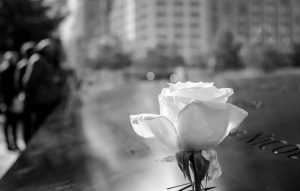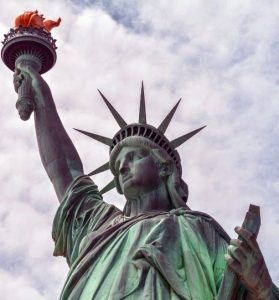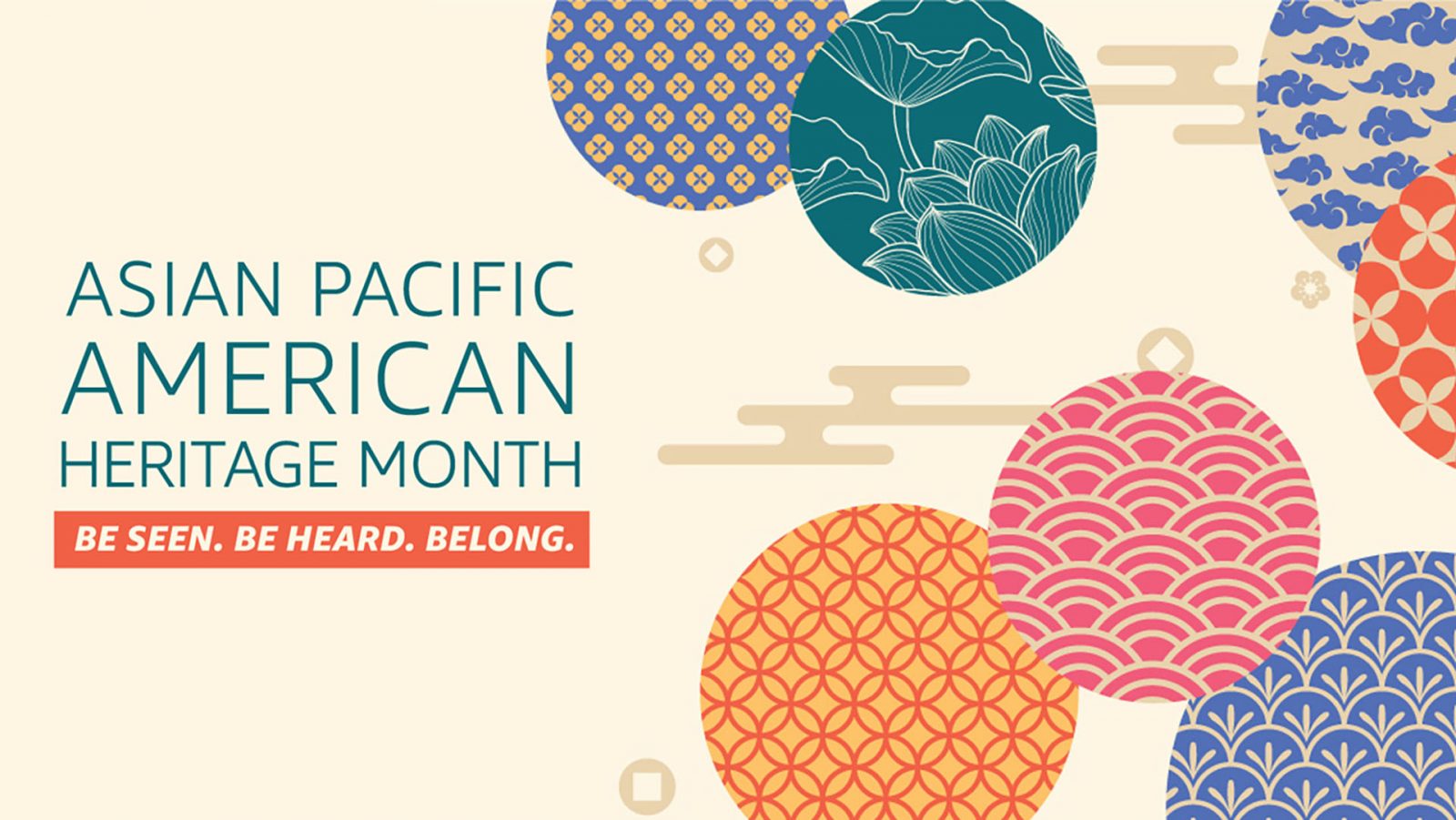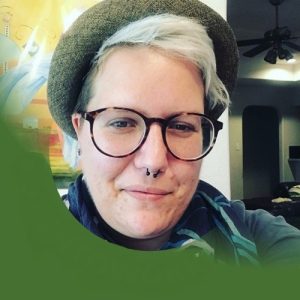Home » social justice
Category Archives: social justice
Meet Eli Poore
Eli Poore is one of the newest UU Class Conversations’ Steering Committee members. They bring a grounded perspective in the ways we can better serve those with less class advantage and new ways to bridge class divides.
I’m currently serving as an intern minister for the Southern Oregon UU Partnership, which includes congregations in Ashland, Grants Pass and Klamath Falls, Oregon.
For the past eight years, I’ve been involved in an ongoing street ministry/community development project with communities experiencing poverty and houselessness through a nonprofit organization that I co-founded with a friend and mentor to support our work, Coastal Bend Community Empowerment. The work with the unhoused community has been particularly successful. It began with the “Unsheltered Voices Listening Project,” funded in part by the UU Funding Program, and involved utilizing a relationship-based community organizing framework centered on the gifts and goals of the community to mobilize and make change. We were able to unify and mobilize community members and through a listening process identified goals that were important to this community.
This project has grown into a wider initiative to end houselessness citywide, and now involves interfaith groups, housed partners, service providers, and is supported by city and county leaders. But the voices of the houseless neighbors remain at the center. They have come together to partner on neighborhood beautification initiatives and monthly beach cleanups in partnership with other groups. Additionally, they have held fundraisers that provide direct support to unhoused community members for things like obtaining IDs, temporary housing, busfare, etc.
Building Equitable Relationships
I completed a community ministry internship that sought to build relationships between housed and unhoused neighbors, moving into more relational frameworks and out of one-sided charity frameworks, which perpetuate power imbalances. I also served as a founding board member, and Director of Community Development, overseeing a small paid staff and volunteers in our wider community development and training iniatives, which included poverty simulations and “power shift” and “mission shift” trainings for churches and nonprofits.
I have experience in organizational development, strategic planning, fundraising and marketing in both the nonprofit and for-profit sectors. I am also involved in the trans UU professional group “TrUUst.” During my involvement on the TrUUst board, we have secured and increased our funding from the UUA twofold, as well as developed a wider fundraising plan involving support from members and congregations.
During seminary, I had my own marketing and web design business, specializing in web development, marketing and social media management for nonprofits and small businesses.
I’m also involved in the national leadership team of Faith in Harm Reduction, which promotes harm reduction initiatives grounded in a faith-based perspective. Harm reduction practices include safer use supplies, but also things like housing first and centering the voices and perspectives of people experiencing structural violence in an intersectional way. My doctoral program is focused on building a theological framework for harm reduction practices, and I aim to create a UU Harm Reduction Coalition in time.
“I have a love for developing and growing organizations and organizational systems, and I think that class issues should be discussed more robustly in our denomination.”
Class Issues in the Real World
Class issues are important to me for a number of reasons. I come from a working class background and have been directly impacted by classism, poverty and my experience of houselessness. I’ve confronted classism directly not only in UU congregations but in the wider world.
I also experienced class issues in the context of carceral systems, being formerly incarcerated too, seeing how race, class and other identities come together in the likelihood of an individual’s contact with carceral systems as well as the outcomes of that contact, which perpetuate intersectional disparities and has for decades now devastated whole communities. I’ve seen how my privilege as a white person has manifested in all of these experiences, providing a boon for me in some aspects, as well as the way classism has presented through systemic, interpersonal, and personal disadvantages and biases.
Why do I look forward to serving on the UU Class Conversations Steering Committee? I have a love for developing and growing organizations and organizational systems, and I think that class issues should be discussed more robustly in our denomination. This is particularly important given the general demographics of most UU congregations and organizations which skew white, educated, and middle to upper middle class. This can leave out many who have much to give to our movement.
Eli Poore, M.Div MA NCPRSS
D.Min Student, Harm Reduction and Faith Communities, Street and Urban Ministries
(Pacific School of Religion/Graduate Theological Union)
Leadership Committee, TrUUst (www.transuu.org)
National Leadership Team, Faith in Harm Reduction (www.faithinharmreduction.org)
(they/them;xe/xem)
Remembering 9/11: Forgetting None
 As we remember the terrible devastation, sorrow and inhumanity those many years ago on 9/11, let’s also remember how people and institutions came together around the world to support one another on that day and since. Let’s remember also how our own Unitarian Universalist organizations, the UU Service Committee and UU Association, together raised funds from members/congregants across the country to support the families and loved ones of 9/11 victims who would not receive support from “traditional” charities.
As we remember the terrible devastation, sorrow and inhumanity those many years ago on 9/11, let’s also remember how people and institutions came together around the world to support one another on that day and since. Let’s remember also how our own Unitarian Universalist organizations, the UU Service Committee and UU Association, together raised funds from members/congregants across the country to support the families and loved ones of 9/11 victims who would not receive support from “traditional” charities.
Undocumented workers’ families were ineligible for support from the government and many charities – even when the victims were the sole support of the family. Because of their status, undocumented workers had toiled in the shadows of the Twin Towers in obscurity, and families had no proof that the worker had held a job. Additionally, the families lacked the class advantage that could open doors to their new country’s legal system.
In 2001, legal marriage was not yet available for lgbtq+ individuals. Without a marriage license, the partners of 9/11 victims and their children were often ineligible for support from most organizations. The UU Service Committee worked with immigrant rights and lgbtq+ groups on the ground in New York City, Washington, D.C. and Pennsylvania to make sure that classism and other forms of bias could not keep families from receiving the help and support they needed.
Additionally, UUSC continued to support those affected by the tragedy. For example, it funded clinics addressing the rise in respiratory illnesses in communities of color that were in the direct path of the massive dust clouds that filled the air following the towers’ collapse. And, of course, individual UU congregations and groups were on the front lines to support 9/11 survivors and families in the immediate aftermath and beyond.
So, as we remember the events of 9/11, let us remember also to continue the fight against classism and bias. And, as UUs, let us continue to press for lgbtq+, BIPOC and immigrant rights – all under attack from organized internal forces. Remember everyone!
Special Youth Blog
ICE, Refugees and Justice
Give me your tired, your poor, your huddled masses yearning to breathe free, The wretched refuse of your teeming shore. Send these, the homeless, tempest-tossed to me, I lift my lamp beside the golden door!
Emma Lazurus, 1883
 A refugee by definition is a person who has been forced to leave their country in order to escape war, persecution or natural disaster. These are typically people with no homes, no money, no tangible evidence of their past life, because they had to move often without any advanced warning for their survival. These are people who despite their former social class advantage are left with very little.
A refugee by definition is a person who has been forced to leave their country in order to escape war, persecution or natural disaster. These are typically people with no homes, no money, no tangible evidence of their past life, because they had to move often without any advanced warning for their survival. These are people who despite their former social class advantage are left with very little.
There are 26.4 million of these people in the world right now. According to Amnesty International, all refugees have the right to receive assistance, the right to protection from abuse and the freedom to seek asylum, regardless of who they are or where they come from. What does the United States have in order to help refugees? Well, one of the most notable and feared agencies is the U.S. Immigration and Customs Enforcement, famously known as ICE. ICE has one thing they are especially good at doing; sending many refugees back home. These refugees get sent back because they don’t have proper documentation, money or identification. Things I would assume that a refugee would have trouble attaining just based on the definition of a refugee.
We have to protect the values of our United States, the values our founding fathers used to create the constitution. The values that throughout United States history were exemplified by hope, refuge and new beginnings. For we are truly the land of second chances. The Statue of Liberty offers a beacon of hope to those around the world that the United States is the home of freedom and liberty. ICE contradicts these values. ICE. isn’t patriotic. The agency seems to be interested in preventing some people from getting to experience these patriotic values.
I have a question for each of you. Are your family members or ancestors immigrants? If so, they likely moved to the United States for freedom and hope or whatever reason that was important to them. Aren’t you glad that they did that so you can have the life you have? Aren’t you glad that the family your ancestors started is here? Aren’t you proud of your heritage, whatever it may be? So why do we want to restrict other people from doing the same? Do we not want to give them the chance to build a family and a life, just like yours did?
This past summer Afghanistan fell to the Taliban. Now, there are more than five million Afghan refugees, many of which are trying to flee to the United States for safety. The U.S. response has been to send most of these refugees to holding centers or other places outside of the United States. They denied these people safety. Will they do the same to Ukrainians fleeing the war?
I work in a restaurant and many of the Immigrants I work with are afraid. One of my friends is constantly afraid of getting deported to Mexico, even though he is legally here and not even from Mexico. My friend works every day to support his family. He is 17 and goes to high school and has two jobs. He is the father figure to his younger brothers and he supports his mom financially. Why would ICE deport him, an honest kid just trying to give a better life to his mother and brothers? Why does he live in fear when he has not done anything wrong?
When I read about these people, they aren’t just statistics but mothers, fathers and my friends who are scared, scared for their future and their children’s future. They are not wealthy or influential, but they work hard and are decent and honest people just trying to live.
“Refugee Admissions – United States Department of State.” U.S. Department of State, U.S. Department of State, 8 Oct. 2021, www.state.gov/refugee-admissions/.
Stop the Hate Against AAPI Communities
 Systemic racism and acts of terror towards Asian Americans and Pacific Islanders have dominated media headlines in the past few months. Sadly, while hate incidents against the AAPI community have escalated in the past year, surpassing 6,000 reported incidents between 2020 and 2021, this not a recent occurrence in America.
Systemic racism and acts of terror towards Asian Americans and Pacific Islanders have dominated media headlines in the past few months. Sadly, while hate incidents against the AAPI community have escalated in the past year, surpassing 6,000 reported incidents between 2020 and 2021, this not a recent occurrence in America.
Anti-Asian sentiments, oppression and violence date back centuries.
The United States imported Chinese workers in the 19th Century to build the railroad system. Once it was built, the workers, who had been cheap sources of labor for employers, were seen as competition by many White working class Americans. The anti-Asian sentiments led to Chinese men and their families being driven from towns, lynched and subjected to newly passed anti-immigration laws.
We have witnessed anti-Asian sentiments becoming increasingly hostile during the pandemic, escalating from verbal to physical attacks to most recently, mass murder.
The belief that Asians carry disease and that they should return to Asia no matter how many generations their family has been in America is often shared on social media. Many Americans also confuse the concepts of country and continent and label Asians as a single demographic, all from the same place. This diminishes the rich and varied cultural beliefs, values, religions and spiritual traditions of the Asian diaspora.
Rich Culture(s)
There are many ethnic identities, cultures and languages within this diverse group of people. In the United States alone, this racial category, according to the Census, refers to more than 40 different ethnic groups. Moreover, in the past 40 years, there has been a widening of income inequality among Asian populations, which has led to social and economic consequences for some. Education and income levels vary widely among Asians. Although they rank as the highest earning racial and ethnic group in the United States, the wide and rapid economic divide belies the growing class differences within this group.*
One lingering remnant from the immigration laws restricting Asian migration within the United states is that a large percentage of Asians and Asian Americans still live in states where there were major points of entry for earlier Asian immigrants, such as New York, California and Hawaii.
While Asian migration throughout the United States has been more prevalent since the mid-1960s, when these laws were overturned, there are still places in the United States where Asians are viewed as exotic and foreign, and not “real” Americans. It is not incidental that people of Japanese descent in America, not German, were imprisoned in internment camps during World War II.
Next Steps for UUs?
What does this mean for us as UUs? We at UU Class Conversations believe that remaining true to our Principles will help break down divisions along class and racial lines. Creating an inclusive community for all racial and ethnic groups begins with meaningful and productive dialogue aimed at combatting racial and class injustice.
What do you see then as next steps for this work?


